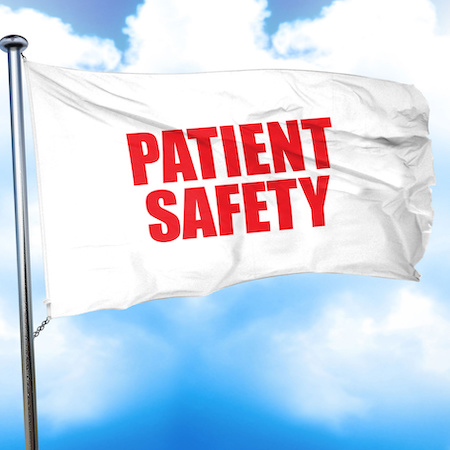A new report by NHS Providers, ‘Regulation, reform and services under pressure’, has found that while NHS Trusts strongly support the shift in approach NHS England (NHSE) and the Care Quality Commission (CQC) aim to take in line with system working, this has yet to be translated into practice.
The findings are revealed in the annual survey of NHS Providers, conducted as Trust leaders take stock of the continuing impact of COVID-19, and as the health service undergoes structural reform. Just two thirds of Trust leaders felt that NHSE gave sufficient weight to the ongoing pressures Trusts continue to face following the peaks of the pandemic - a decline from 74% in 2019 and 75% in 2018. Less than half of respondents rated CQC's understanding of provider pressures as good. These pressures include ongoing COVID-19 demand, significant backlogs of care, high levels of demand in urgent and emergency care, significant issues with discharge, staff shortages and burnout exacerbated by the pandemic. Leaders from the acute sector were much more likely to say regulators understood the pressure they were under than those from the mental health or community sectors.
An overwhelming majority of Trust leaders (91%) expressed support for the planned shift by CQC towards a more risk-based approach, while many also supported their use of data monitoring, and CQC's intention to update ratings more frequently. Similarly, a large majority of Trusts were supportive of the collaboration and system focus seen in NHS England's system oversight framework.
But many Trust leaders felt this is not yet reflected in the way that national bodies approach regulation. They called for systems and pathways of care to be assessed as a whole, rather than viewing individual providers and services in isolation. Only 14% of respondents felt that CQC's approach to regulation encourages providers to be collaborative and integrate care.
Other key findings include:
• 63% reported an increase in regulatory burden both in terms of time and resource in the past 12 months
• 28% thought CQC had coordinated its activity with NHSE/I and other national bodies effectively locally, and 21% nationally
• 22% agreed that the benefits of their most recent CQC inspection justified the 'cost' in terms of resources spent to prepare and host the inspection team.
Commenting on the findings, Interim Deputy Chief Executive and Director of Policy at NHS Providers, Miriam Deakin says: "Trusts support the national vision set out to improve collaboration in the new context of system working, and understand that changes to regulation to reflect this, will take time to develop and embed. However, regulatory bodies must do more to clarify responsibilities and accountabilities in the new system architecture.
"Trusts are operating under extreme pressure due to ongoing COVID-19 demand and the deep and lasting impact of the pandemic which has shone a spotlight on the existing faultlines in our health and care system. Trusts are clear about the value of regulation but it is important that national bodies take unprecedented operational pressures into account as they assess providers. That means ensuring they avoid unnecessary duplication, and making sure interventions and requests do not add unnecessary burden to already stretched staff.
"Only through recognising the concerns highlighted today can we ensure the new approach to regulation works for all and fully supports Trusts to be more collaborative.
"Both NHSE and CQC have been open and collaborative over the past few months as they redesign and embed their evolving approaches. We look forward to working with them over the year ahead on behalf of our members to further develop the approach to regulation."











